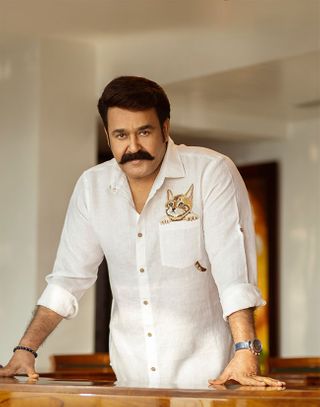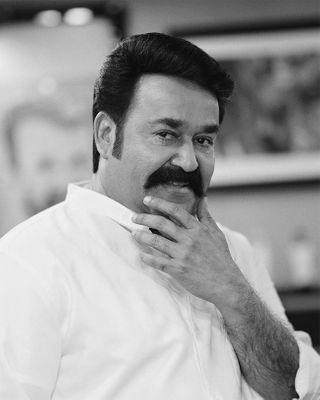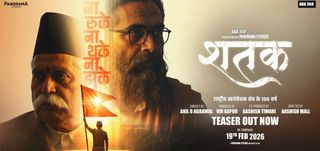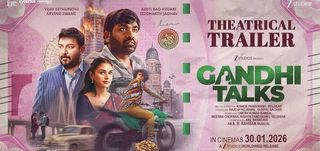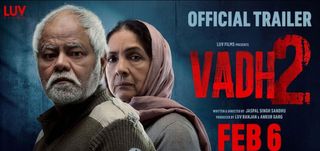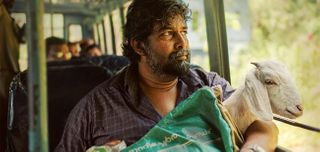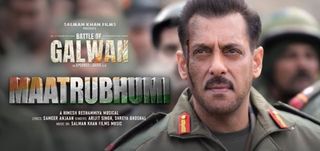
West is West Movie Review
In 1999, a film set 28 years back in Britain, "East is East", stole the hearts of everyone globally who watched it -- what with its inherent family struggle and a patriarch trying to imbibe in his children the values he grew up with and the kids exerting the values of the country they were growing up in.
The film is back, set a few years later, and though the laughs and wit are in place, it is still a lesser work compared to the original.
Set few years after the first film, Khan (Om Puri) is still the same autocratic, though a little sobered down, head of the family. His youngest son Sajid, going through his own teenage crisis with bullies in school, rebels against his father who decides to 'sort him out'.
To do that, he takes him to live with his first family in Pakistan which he has abandoned for 35 years now. Things get tangled up with his first wife, and when Khan does not return after his stipulated month, his British wife lands up, leading to a clash of civilizations and temperaments.
Human displacement is one of the least talked yet one of the biggest problems of human civilization with literally millions every year forced to migrate due to either economic, political or religious reasons.
Sadly, though unlike trees, humans don't have physical roots, but their social, cultural, religious, emotional and political roots run deeper.
Khan's character is an epitome of the problems displaced people face. His is a character you will find in every town and city of the world. He refuses to believe that his roots have been severed from his beloved Pakistan, and not only tries to cling to it, but also tries to force it upon his kids.
The result is a clash of ideologies and through it cultures and civilizations. There are perhaps no two places poles apart than Britain and a village in Pakistan. And it is this space, that "West is West" navigates well.
The laughs are there in the film, and so is the poignancy. Few scenes do raise more than a gulp in the throat, especially the one where two women, married to the same man, but not knowing the other's language, manage to communicate their feelings nonetheless. Though this has been done in films before, the scene's deft handling becomes its high point.
The casting is flawless. Om Puri reprises his role as a devout Muslim patriarch, though he is sobered down in this version. Aqib Khan as Sajid, Ila Arun and Linda Bassett are good too.
The problem with the film is not with their acting, but with the caricaturing of a few characters and situations, and its inability to go deeper still, like the first part managed. Though for an average viewer that is not a problem at all.
Shot in Britain and a village near Chandigarh, the film, despite its flaws, is still a much better fare than most Hollywood releases in India, making it a must watch.
OTHER REVIEWS





